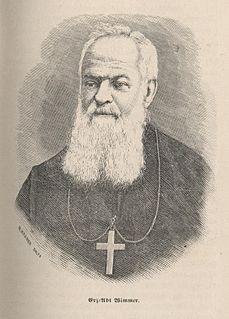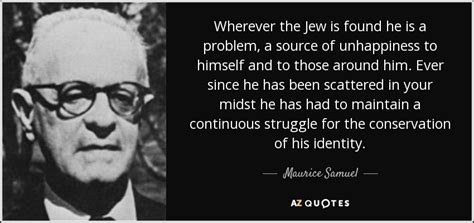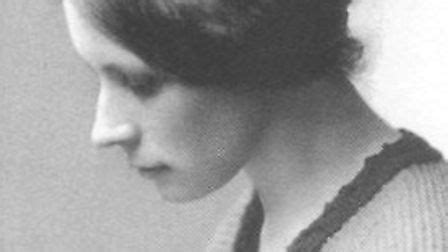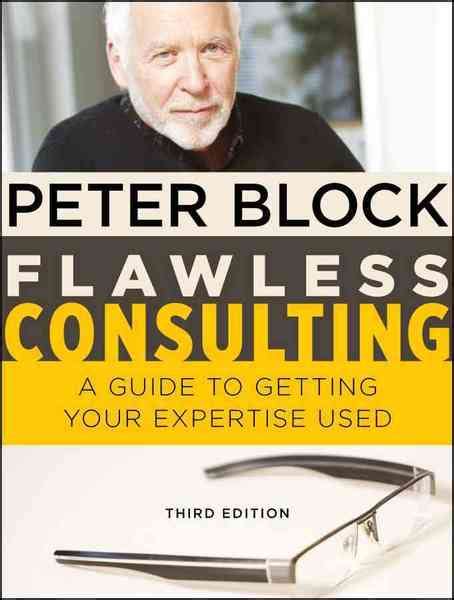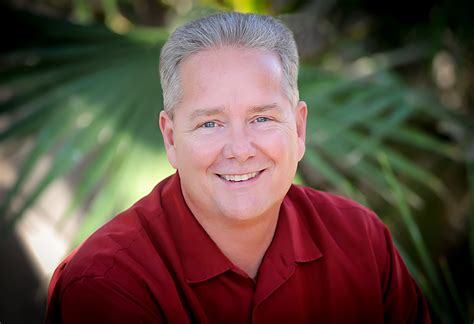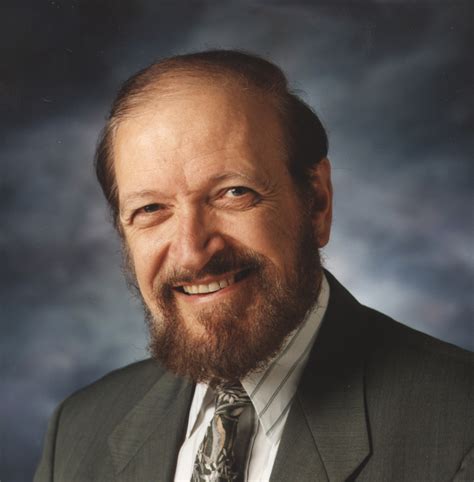A Quote by Walter Savage Landor
Life and death appear more certainly ours than whatsoever else; and yet hardly can that be called ours, which comes without our knowledge, and goes without it.
Related Quotes
If we hold tightly to anything given to us unwilling to allow it to be used as the Giver means it to be used we stunt the growth of the soul. What God gives us is not necessarily "ours" but only ours to offer back to him, ours to relinguish, ours to lose, ours to let go of, if we want to be our true selves. Many deaths must go into reaching our maturity in Christ, many letting goes.
No age can have everthing and in material ways ours is more fortunate than any preceding one. Our ancestors appear to have mastered the art of living better than we are able to when an easy conscience, largely due to the unshaken faith of the time, left a marging of spiritual energy with which to enjoy life.
The art of governing [focusing] the passions is more useful, and more important, than many things in the search and pursuit of which we spend our days. Without this art, riches and health, and skill and knowledge, will give us little satisfaction; and whatsoever else we be, we can be neither happy, nor wise, nor good.
Death is the door from the superficial life, the so-called life, the trivial. There is a door. If you pass through the door you reach another life - deeper, eternal, without death, deathless. So from so-called life, which is really nothing but dying, one has to pass through the door of death; only then does one achieve a life that is really existential and active - without death in it.
Knowledge is not wisdom: cleverness is not, not without awareness of our death, not without recalling just how brief our flare is. He who overreaches will, in his overreaching, lose what he possesses, betray what he has now. That which is beyond us, which is greater than the human, the unattainably great, is for the mad, or for those who listen to the mad, and then believe them.
The woe of mortality makes humans God-like. It is because we know that we must die that we are so busy making life. It is because we are aware of mortality that we preserve the past and create the future. Mortality is ours without asking--but immortality is something we must build ourselves. Immortality is not a mere absence of death; it is defiance and denial of death. It is 'meaningful' only because there is death, that implacable reality which is to be defied.
Brutes are deprived of the high advantages which we have; but they have some which we have not. They have not our hopes, but theyare without our fears; they are subject like us to death, but without knowing it; even most of them are more attentive than we to self-preservation, and do not make so bad a use of their passions.

